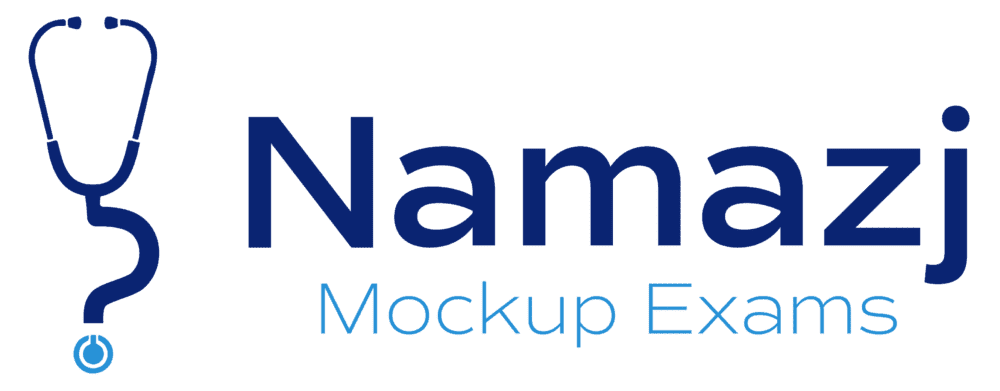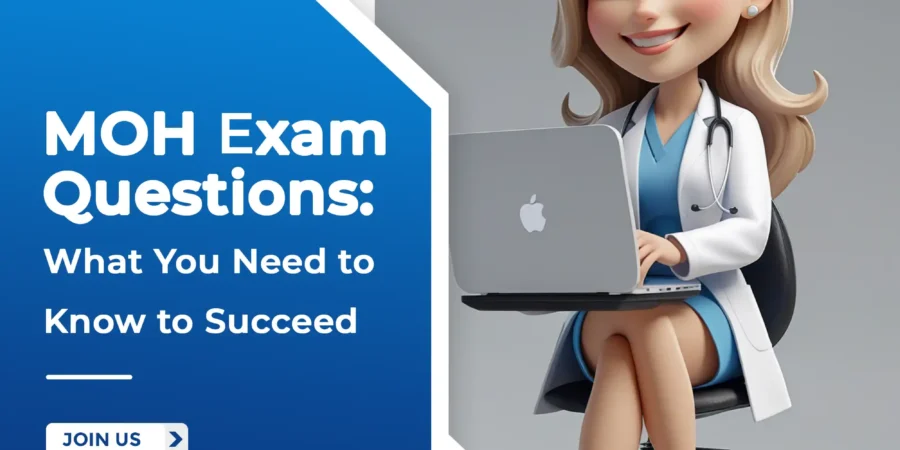🧪 Common MOH Exam Questions & How to Prepare for Them
The MOH exam is a critical milestone for healthcare professionals aspiring to practice in the UAE. To succeed, it’s essential to understand the types of questions you’ll encounter and how to approach them strategically. This guide covers common question types and preparation strategies to help you excel. 💪
🧑⚕️ 1. Types of MOH Exam Questions
The MOH exam primarily consists of multiple-choice questions (MCQs) that assess your theoretical knowledge and clinical judgment. These questions are designed to reflect real-world scenarios relevant to your medical specialty.
Key Areas Covered:
-
Basic Medical Knowledge: Includes anatomy, physiology, pathology, and pharmacology
-
Clinical Procedures: Covers protocols and best practices in your field
-
Medical Ethics: Questions about confidentiality, patient consent, and legal responsibilities
-
Patient Care: Tests your ability to provide safe, empathetic, and effective care
🩺 Each question is crafted to test your real-life competence as a healthcare professional.
🧐 2. How to Approach MOH Exam Questions
Knowing what to study is important, but how you answer questions makes a major difference.
Smart Strategies:
-
Read Carefully: Don’t skim—small wording details can change the meaning
-
Eliminate Wrong Options: Rule out clear outliers to improve your odds
-
Stay Calm and Focused: Stress affects decision-making; take a deep breath
-
Manage Time Wisely: Don’t spend too long on one question—flag and return later if needed
✅ Strategic thinking improves both accuracy and speed.
📚 3. Practice with Sample MOH Exam Questions
Regular practice is one of the most effective ways to prepare. Familiarity with question types reduces anxiety and highlights weak areas.
Where to Find Sample Questions:
-
MOH Official Website: May provide sample formats or guidelines
-
Exam Prep Services (e.g., Namazj): Offer question banks, mock tests, and review materials
📈 The more you practice, the more confident and efficient you become.
🔍 4. Common MOH Exam Question Formats
Although most questions are MCQs, the format may vary depending on your profession.
Common Formats:
-
Single Best Answer: Choose the most appropriate option from a list
-
Multiple Responses: Select all correct answers (not just one!)
-
Scenario-Based Questions: Clinical situations requiring practical judgment
💡 Understanding these formats allows you to tailor your preparation accordingly.
📌 5. Focus on High-Yield Topics
Certain topics appear more frequently and carry greater weight in the exam.
High-Yield Areas:
-
Infectious Diseases: Diagnosis, prevention, and treatment
-
Emergency Procedures: CPR, trauma care, and acute interventions
-
Pharmacology: Drug classifications, interactions, and dosages
🎯 Prioritize these areas in your study plan for maximum impact.
📅 6. Stay Updated with Medical Guidelines
Since medical practices evolve constantly, you should prepare based on the most current guidelines.
How to Stay Current:
-
Read clinical guidelines issued by recognized organizations
-
Subscribe to medical journals and healthcare newsletters
-
Join online forums and professional groups for peer insights
🧠 Staying informed keeps your answers relevant and accurate.
✅ Conclusion
Passing the MOH exam isn’t just about memorizing facts—it’s about understanding how to apply knowledge under pressure. Focus on:
-
Recognizing question formats
-
Practicing with mock tests
-
Prioritizing high-yield content
-
Staying up-to-date with medical advances
Need extra help? Namazj offers expert resources and preparation tools to support your journey. 🌟



